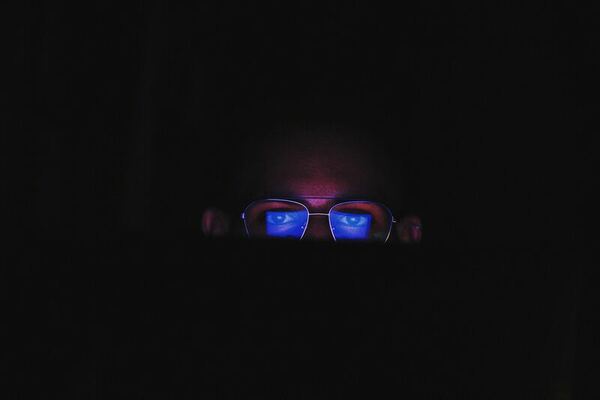Blue light blocking glasses: do they do what they promise?
(1) St. George’s Senior School, (2) No institutional affiliation
https://doi.org/10.59720/23-028
With increased screen time and exposure to blue light, an increasing number of people have sleep deprivation. Blue light suppresses the release of melatonin and hinders sleep at night. We hypothesized that people could get a greater amount of sleep by controlling the blue light exposure from screen time before bedtime. The purpose of this experiment was to investigate whether blue light blocking glasses (BBG) reduce the impact of blue light on the time taken to fall asleep for teenage and adult groups. Previous work found a 27% reduction in melatonin secretion after exposing subjects to 2-hours of blue light. Hence, we hypothesized that BBG would reduce the duration of time it takes to fall asleep by 25%. Participants had two hours of screen time each night. They spent three nights without BBG and three nights with BBG. Furthermore, we compared the effects of BBG on teenagers and adults to see which group, if any, will be most affected. BBG’s effect on reducing time to fall asleep was significant within the teenage group, but not significant in the adult group. This indicated that BBG could improve the time taken to sleep for young teenagers post screen time in the evening.
This article has been tagged with: